I’ve been underestimated my whole life. Told I didn’t belong. Told to quiet down. Told to sit in the back row, stay in my lane, be grateful I even made it through the door.
I grew up in rural Australia—where racism wasn’t whispered, it was shouted across schoolyards and scratched into bus stops.
My Italian immigrant parents made their own pasta sauce, hung salami from the ceiling, and grew tomatoes so red they made supermarket ones blush. I loved them for it. But that didn’t stop the insults.
“Hairy tomato.”
“Greasy salami.”
“You’re not Aussie you’re off the boat.”
And it wasn’t just kids. It was teachers. Coaches. Neighbours. The message was loud and clear: I didn’t belong. Not in the town. Not in the classroom. Not in Australia.
But I didn’t listen.
I couldn’t afford to.
Because deep down, I knew the truth. I didn’t have to ask permission to exist. I didn’t need anyone to approve my presence. I belonged everywhere I chose to walk—especially the rooms they said I could never enter.
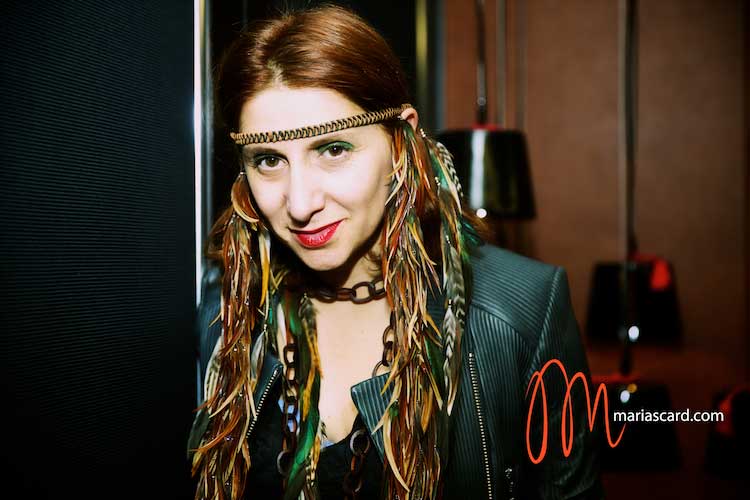
Fashion Week to the Front Row
When I stepped into London Fashion Week in my forties, I was ready. Dressed like power. Speaking like I’d already earned my seat. But the British Fashion Council PR staff looked me up and down like I was lost. Bullying for years from this organisation is why one must speak up?
No invitation?
No Oxford accent?
No bleach-blonde PR connections?
Then surely I didn’t belong.
I saw the smirks. Heard the whispers. Watched the eyes roll.
But I didn’t flinch. Because they weren’t trying to protect their space.
They were trying to protect their status—and I scared them.
I was different. I was loud. I was olive-skinned. And I didn’t ask for validation from a clipboard-holding gatekeeper in all black.
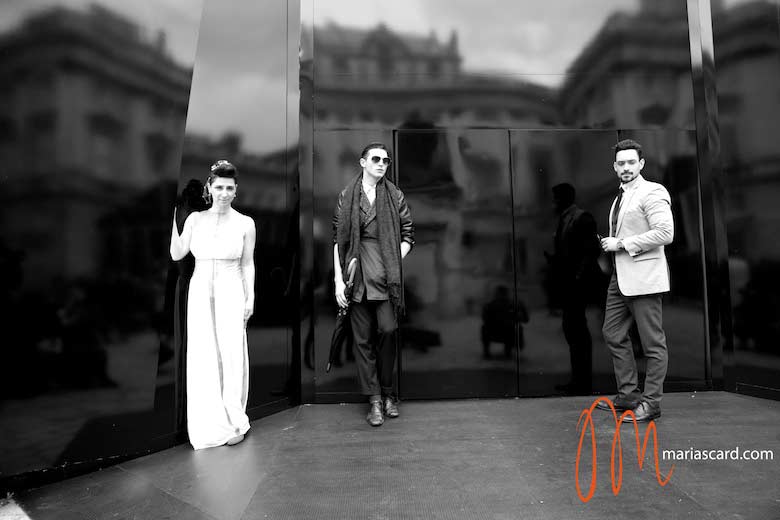
They Want to Get in Your Head
I get it now. All those years, it wasn’t really about me. It was about control.
“What are you doing here?”
“Who are you to think you belong?”
“Why are you messing with the system?”
They were trying to get in my head. Bend my confidence. Dilute my voice. It was never about protecting standards—it was about protecting their own insecurities.
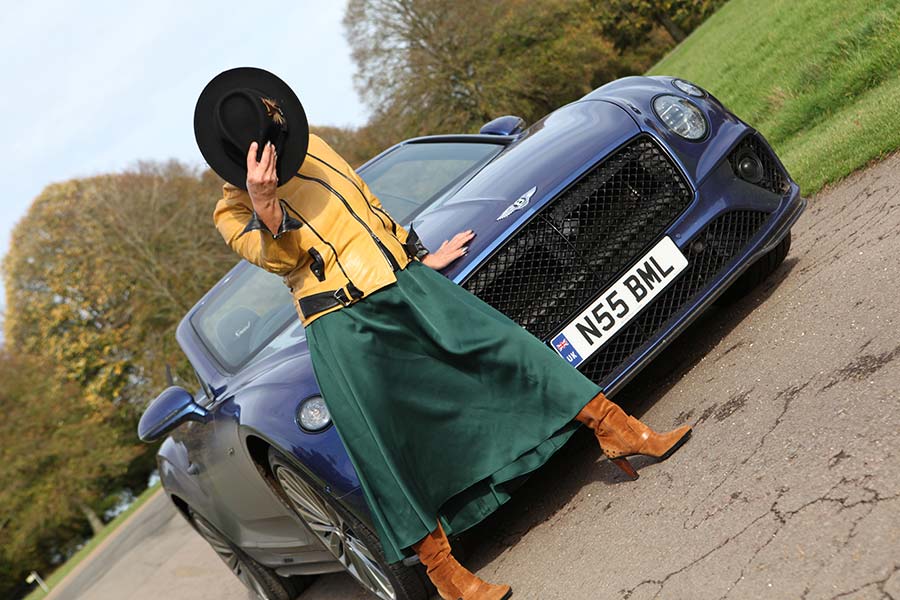
Michelle Obama Said It Best
I recently listened to Michelle Obama’s interview with Steven Bartlett, and something clicked. She spoke about feeling like an imposter even at Princeton University, surrounded by people who had every societal stamp of approval—yet somehow, she was the one being questioned.
She said:
“They weren’t scared for me.
They were scared of me.”
That’s it. That’s the scam.
We’ve been made to believe that we’re not enough. That we don’t have the right last name, the right shade of skin, the right background.
But the truth?
They see our power before we do.
And they’re terrified we might one day see it too.
Tips for Overcoming Being Underestimated
Here’s how I handle the noise:
1. Stop Justifying Your Presence
You’re not here to explain why you deserve to be in the room. You’re here to own it. Don’t shrink to fit a space that was never built for your greatness.
2. Use the Doubt as Fuel
Let their underestimation become your motivation. Nothing silences a doubter like your consistent excellence.
3. Find Your Tribe
Surround yourself with people who don’t flinch at your power. People who clap when you win, not when you play small.
4. Turn the Volume Up, Not Down
Don’t dilute your voice to make others comfortable. Say what needs to be said. Wear what needs to be worn. Take up space. Make them adjust.
5. Remember Who You Are
You’re not here by accident. You’re not here because someone gave you a pass. You’re here because you earned it.
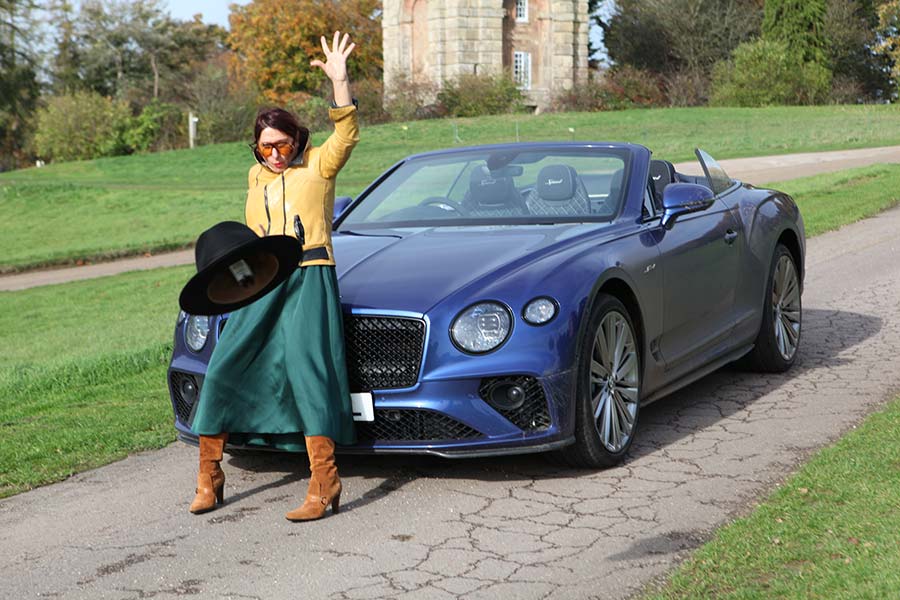
Final Words
I’m done worrying about whether I belong.
I’ve built a legacy through fashion, lifestyle, and luxury—on my terms.
I’ve reviewed Bentley and Rolls-Royce, walked into elite circles without ever asking for an invite.
And no, I don’t need their permission.
I am not an imposter.
I am not a mistake.
I am not sorry.
So if you’re reading this, wondering whether you’re enough—stop.
You always were.
They just hoped you’d never realise it.



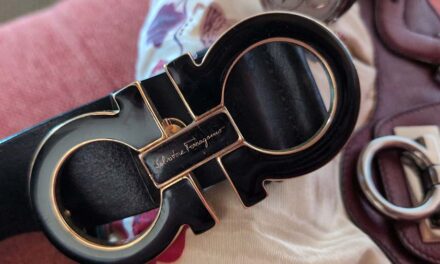












You must be logged in to post a comment.